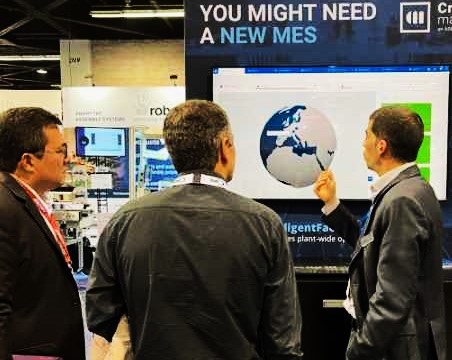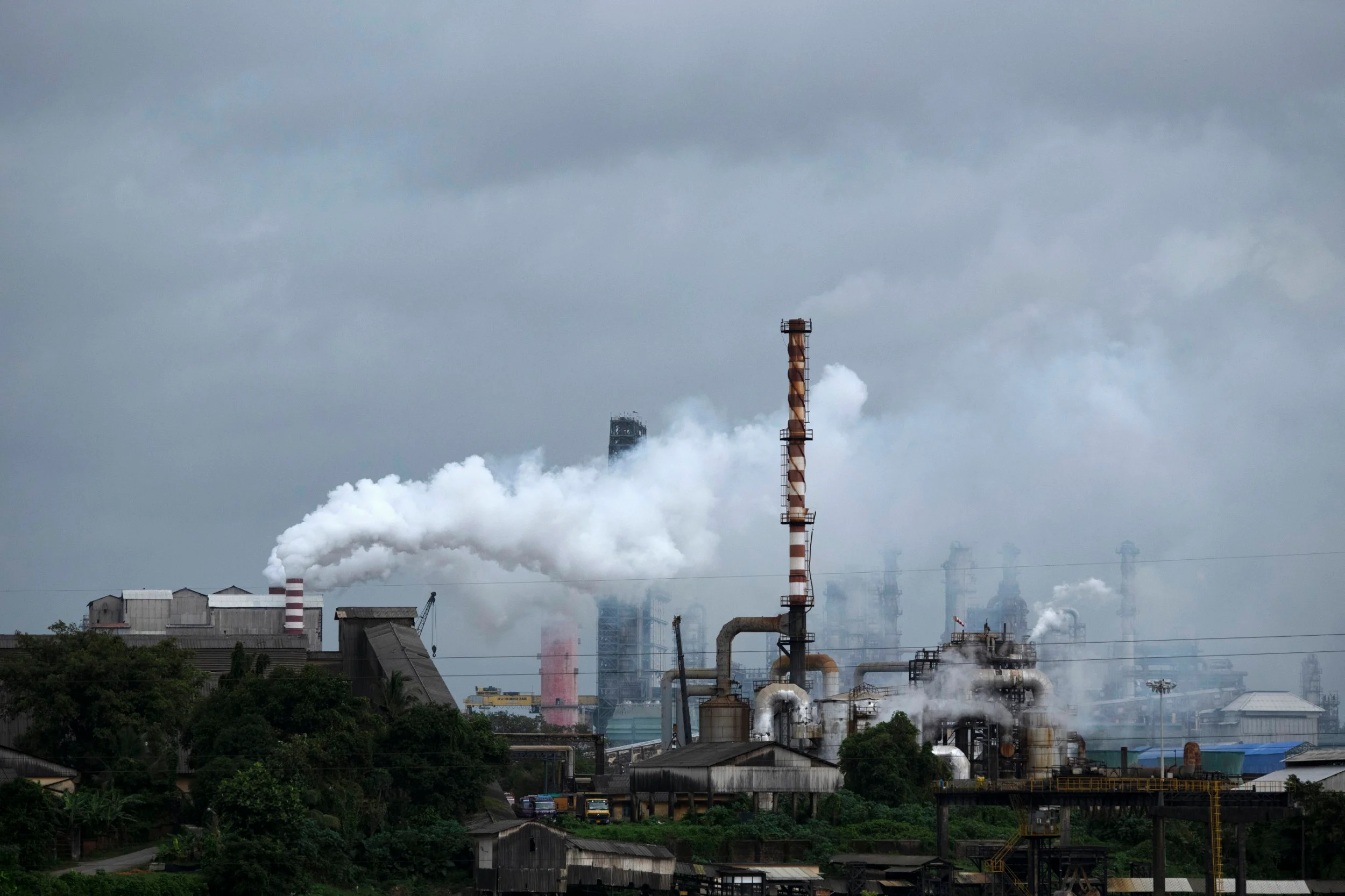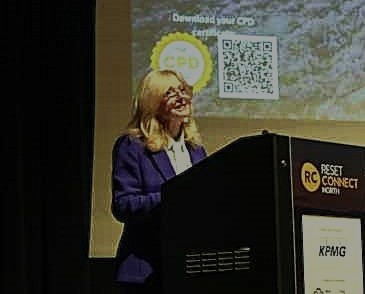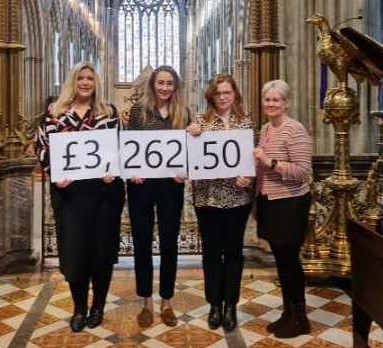The West Midlands economy is growing at the same time as its carbon emissions are falling, according to data analysed by the West Midlands Combined Authority (WMCA). Between 2005 and 2020, the region’s carbon emissions reported by the Department for Business, Energy and Industrial Strategy (BEIS) have more than halved - falling from 7 tonnes of CO2 per capita to 3.4 tonnes.
During the same period, figures from the Office for National Statistics showed that GDP in the West Midlands grew from £19,626 per capita to £25,895. The WMCA’s long-term commitment to the environment is a key part of its economic strategy Plan for Growth which seeks to supercharge green industries as well as the digital sector.
The figures will also be welcome news for the region’s ambitious #WM2041 target which aims to see the West Midlands become a net zero region within the next two decades. #WM2041 looks to capitalise on landmark innovations in transport mobility, zero carbon buildings, smart local energy supply systems, and affordable, energy efficient housing.
Andy Street, Mayor of the West Midlands and WMCA chair, said: “This latest data shows that we’re on track to keep our #WM2041 net zero commitment and also vindicates our two-pronged vision for growing the economy at the same time as protecting our precious environment.
“As we continue to tackle the climate emergency, we must maintain the momentum we’ve built up here in our region and press on with the important work already underway to deliver on both our economic and environmental priorities. By doing so, we will improve quality of life for local people in the weeks, months and years ahead.”
Last year #WM2041, adopted its first Net Zero Five Year Plan which sets out ways to achieve a 33% reduction in emissions by 2026, a reduction that will be needed to put the region on the right path to net zero.
It identified five top decarbonisation priorities:
· Domestic energy efficiency measures and heating retrofit
· Commercial energy efficiency measures
· Modal shift towards active travel measures
· An increased uptake in electric vehicles
· Planting thousands of trees and enhancing the region’s natural capital
A number of work programmes are now in place to move from strategy to delivery and to secure investment into the five priority areas.
Councillor Ian Courts, WMCA portfolio lead for environment and energy and leader of Solihull Council, said: “It’s no surprise to see the data reaffirming the positive correlation between economic growth and reducing carbon emissions.
“I can’t stress enough the importance of continuing to promote the complementing nature of investing in low carbon technologies and creating new jobs and skills. Our vision for the West Midlands is to be known as the home of the Green Industrial Revolution.
“There’s an ever-increasing opportunity for career paths in sustainable industries. A few examples include the emerging need for more qualified retrofit assessors, electric car mechanics or solar panel installers.”











